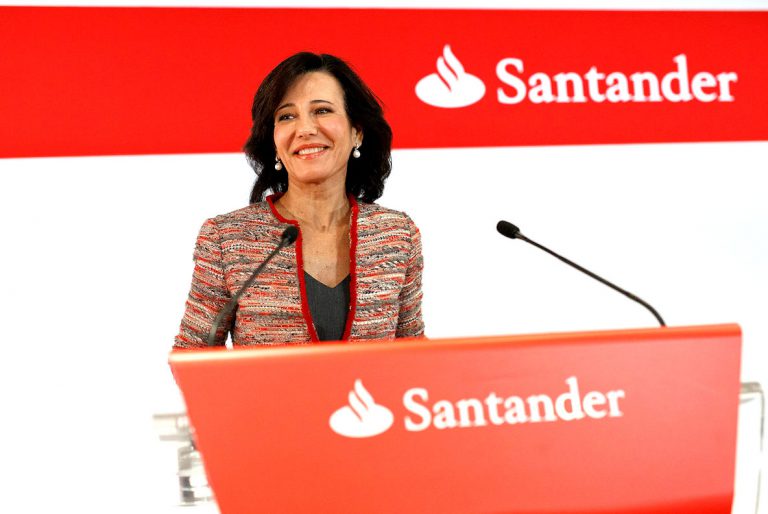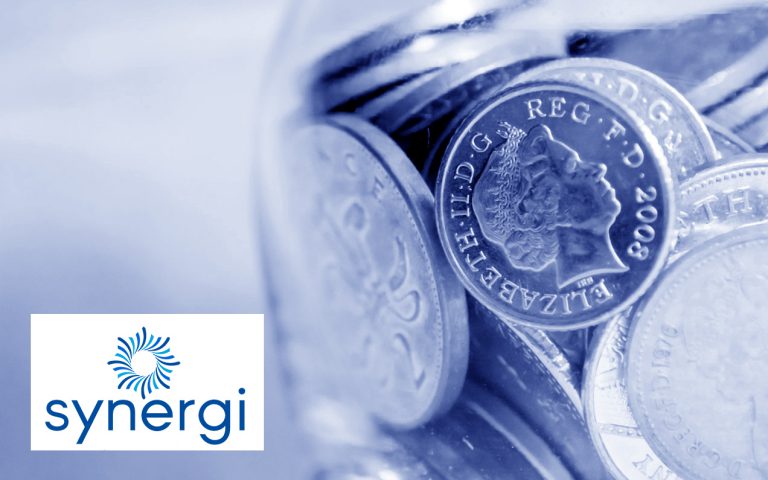The markets to watch in 2022 as the inflation story continues
After a tumultuous 2021, Capital.com’s chief market strategist David Jones explains what traders and investors should look out for in the year ahead in the face of inflation, the pandemic, and uncertainty over how much further the technology bull market has left to run.
Inflation unsurprisingly spiked in 2021 as the global economy recovered from the Covid-19 pandemic – but it doesn’t seem to be showing signs yet of falling back. What’s your outlook for inflation? And what can investors do to minimise risk while attempting to capitalise on this?
The inflation question is the great ‘known unknown’. For much of last year central banks were perhaps too relaxed, and inflation has only recently come into focus with markets falling after the Federal Reserve said interest rates might need to rise more quickly than expected.There will be potential opportunities. Gold had a disappointing year last year; the price was flat through 2021 after hitting record highs in 2020. However, gold has always been seen as a store of value and an inflation hedge, so gold bugs will be hoping that inflation continues to be a problem. This year could see the great gold comeback – I wouldn’t rule it out.
The US dollar has already had its resurgence in the second half of 2021. It will be interesting to watch both markets and how they respond to inflation.
For something a bit more left field, soft commodities seem to have performed strongly. Cotton, coffee, sugar and cocoa all did well in 2021, so if we are to see higher inflation, it would be interesting to see how it will affect commodity markets.
You mentioned the dollar as an inflation play. What about other FX markets? Is the US dollar going to be the main story for 2022?
Other things will come into play as the year goes on, but for now it is an inflation story. If inflation remains stickier than usual and people get nervous, the dollar could be seen as a safe place to park cash. Additionally, if we see some uncertainty in stock markets, it could potentially act as a haven. While we cannot rely on past references for future events, that’s what we saw in March 2020 when the pandemic really hit: everything fell, but the dollar index soared.
The European Central Bank has been slow to act on inflation, which could weigh on the euro versus the dollar. For sterling, the effects of Brexit continue to rumble on, which clearly does not help.
Different governments are taking different approaches as we continue to grapple with Covid-19 and its variants. What does this tell you about how different markets are likely to perform?
I think Covid-19 may be a secondary issue for markets – it’s here, and we must live with it. Markets such as oil seem to be breathing a sigh of relief, and we have seen concerns ease about Omicron. Around the world cases are rising, but with fewer hospitalisations and deaths. This is considered good from a health point of view but also good for markets. It should not be disregarded though new variants may arise that could potentially change this.
Stock markets obviously are jittery about inflation, but if they don’t get too spooked, we could see further growth. Some investors have been well rewarded over the past 18 months for buying into dips, but others have suffered.
It’s hard to argue against US stock markets. People have tried to call the top, but if you look at a broader index than the S&P 500, it continues to defy any calls for its demise. That said, it would be naïve to go into 2022 expecting another 25% gain from the US stock market, because there must come a point where valuations get stretched.
Technology companies benefited massively from the pandemic, but the last time we saw an all-time high in the tech-heavy NASDAQ was November 2021, compared with the first week of January for the S&P 500. The likes of Facebook, Google, Tesla, and Microsoft account for a big proportion of tech sector gains, which can skew the performance of benchmarks like the S&P. We could still see progress to the upside for US markets, but there might be more volatility than we’ve been used to over the past 18 months.
How about other developed markets, such as Europe and Japan?
European markets have lagged the US, especially the DAX and the FTSE. With inflation returning, if tech stocks start to wane a little then perhaps blue chips in the FTSE 100 – or sectors such as oil or banking – could have a better year.
In Japan, the Nikkei started 2021 strongly but ended the year where it was in February – treading water for 10 months. It’s perhaps more vulnerable to a crash or sell-off because it has been such a disappointing market for many years.
There could be a lot more volatility. It’s going to be a harder year for investors.
We saw several high-profile IPOs last year, but their relative success has varied massively. Should traders be wary of the buzz around new companies coming to market?
I wouldn’t say the IPO bubble will burst, but investors do need to be wary, as there is always the possibility. Some may have had their fingers burned by IPOs last year. If interest rates continue to rise, money is going to be more expensive, so there will be an impact. Investors should not treat IPOs any differently to any other type of investment.
The article contains market commentary information, it should not be regarded as investment research or investment advice. Past performance is not a reliable indicator for the future.
Sourse: https://www.reuters.com/article/sponsored/the-markets-to-watch-in-2022-as-the-inflation-story-continues?utm_source=reuters&utm_campaign=article&utm_medium=native-desktop&utm_adset=markets-2022&SiteName=N755099.3639REUTERS.COM&SiteID=7441563&AdvID=8280983&CampaignID=26760439&CreativeID=162454142&PlacementID=322069629&Geo=ct=RU&st=&city=29378&dma=0&zp=&bw=4&dclid=CjkKEQiAu62QBhDWncqNqbzx74ABEiQAovLPc9HfIxuQpTyvSk2YfJaXPC-Ud9iaYXxQIRU77J1Nhfbw_wcB







